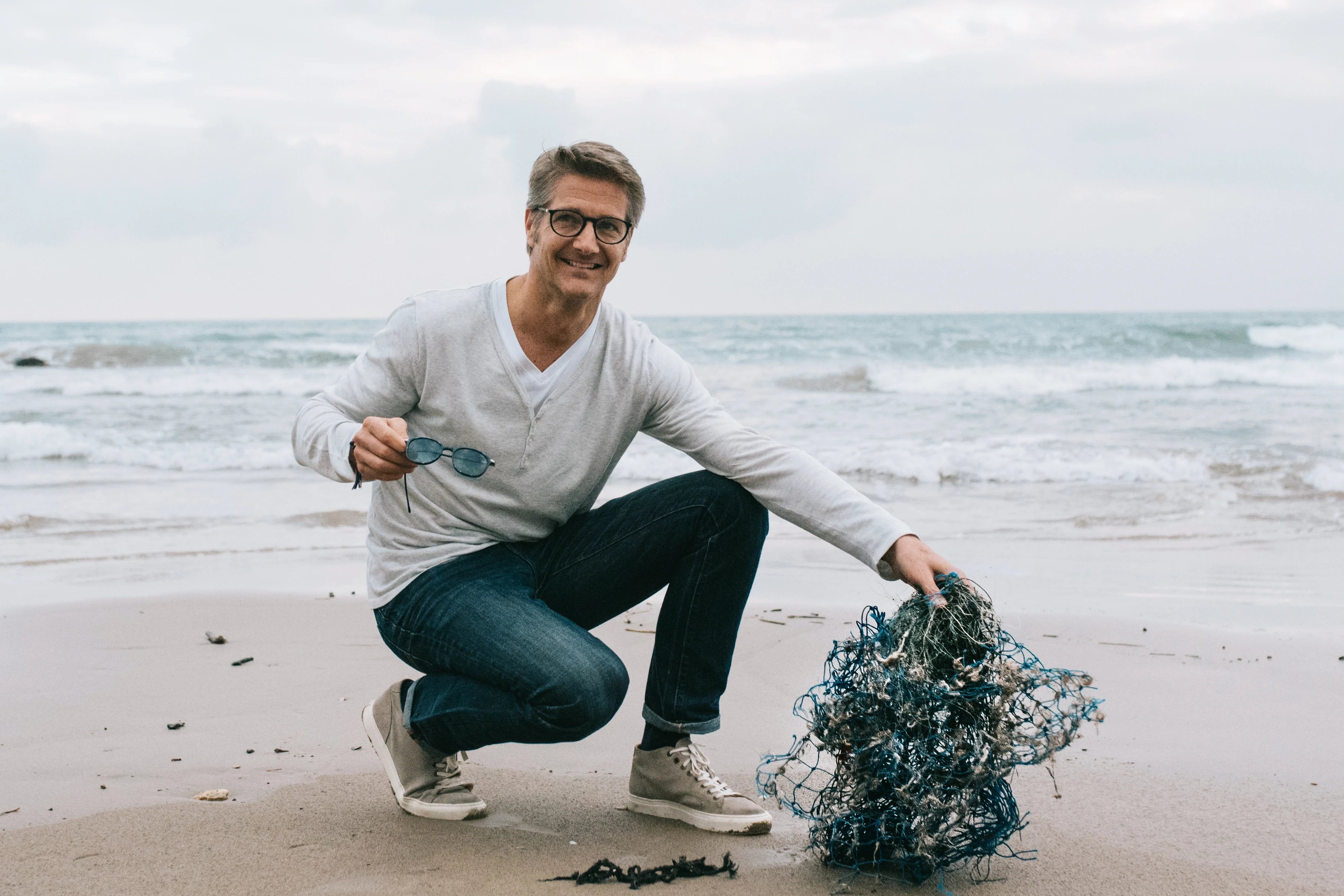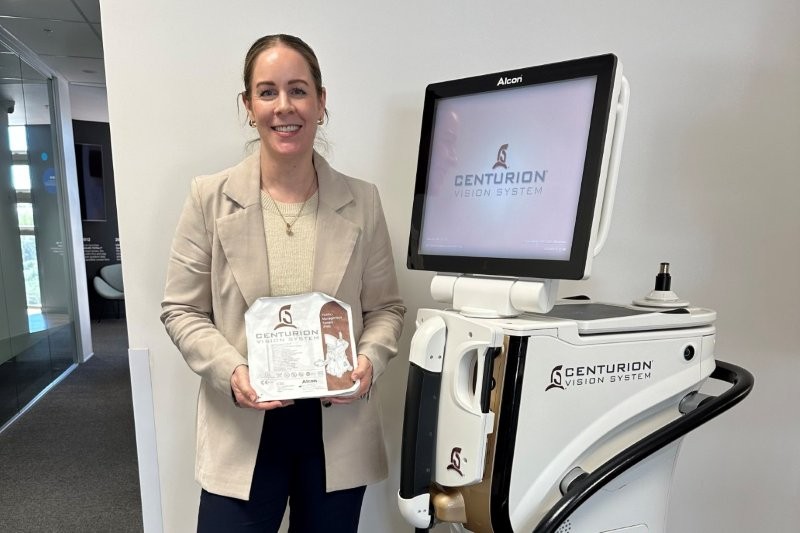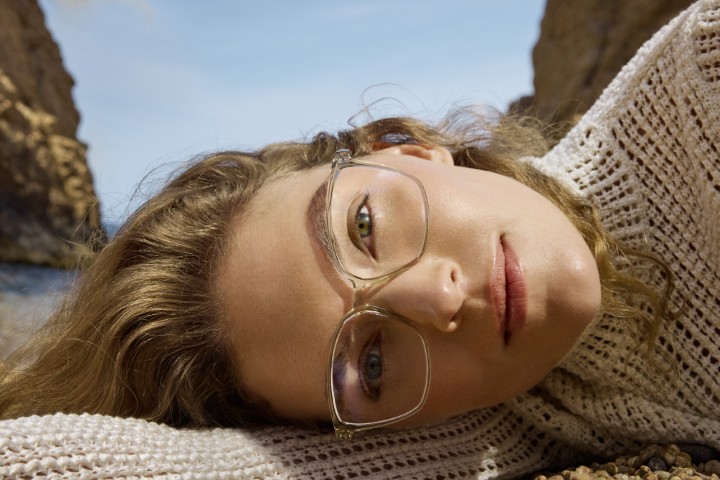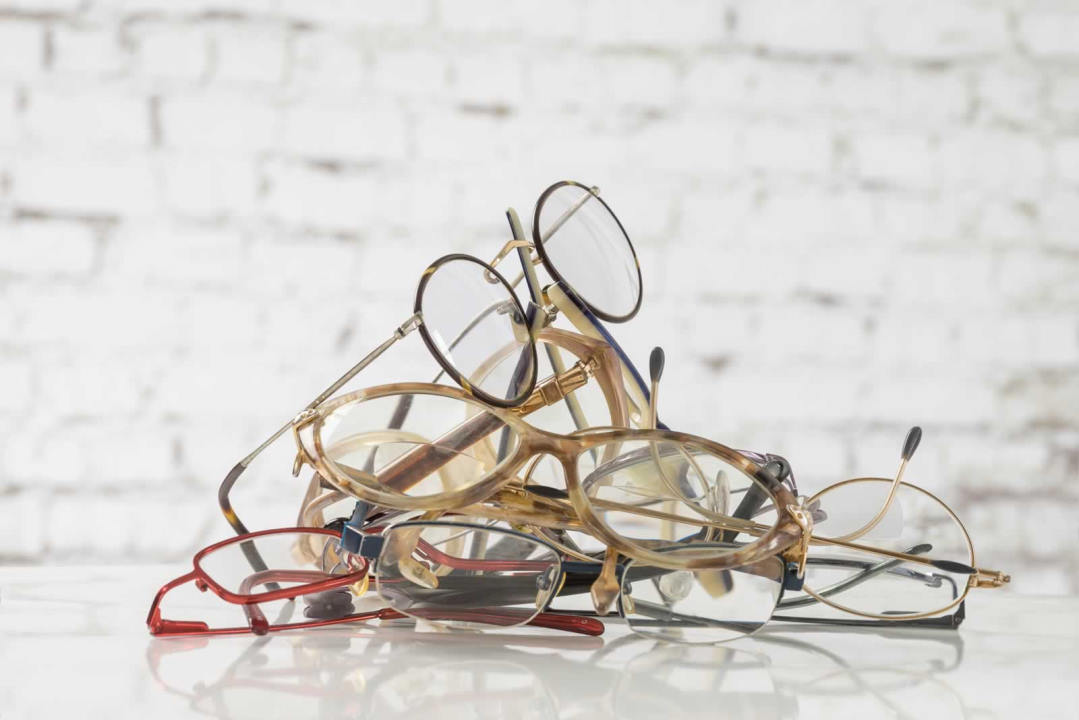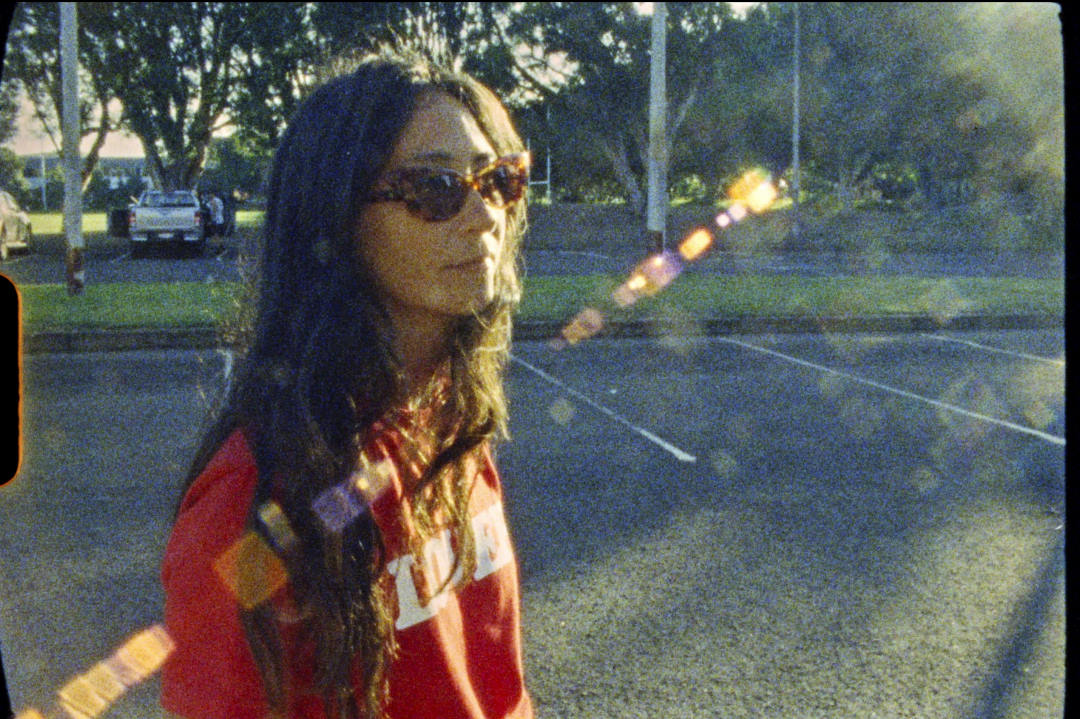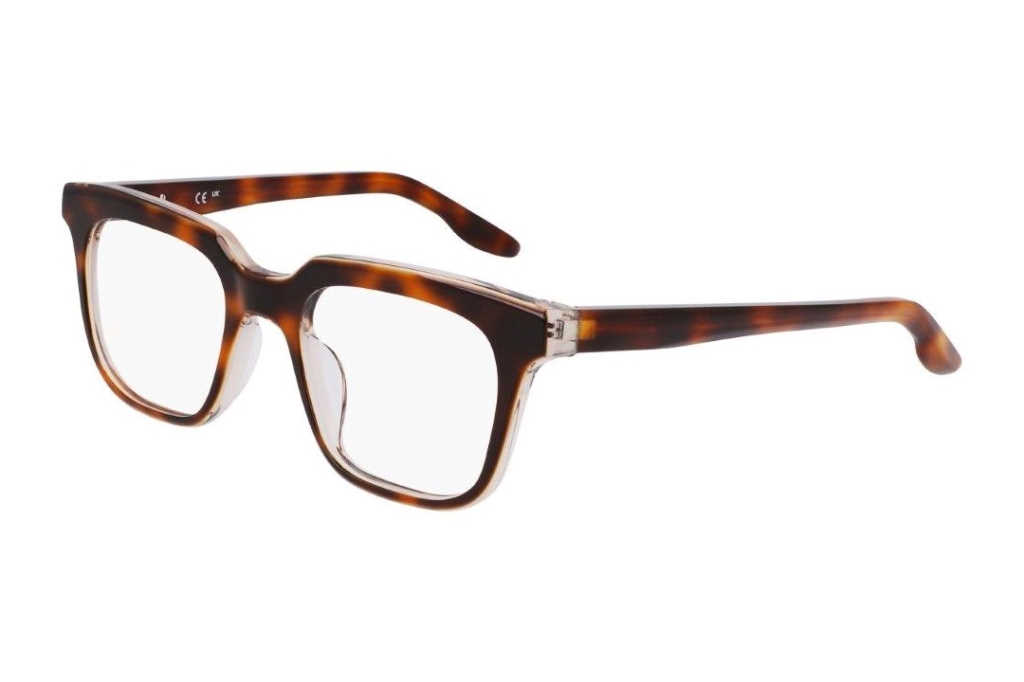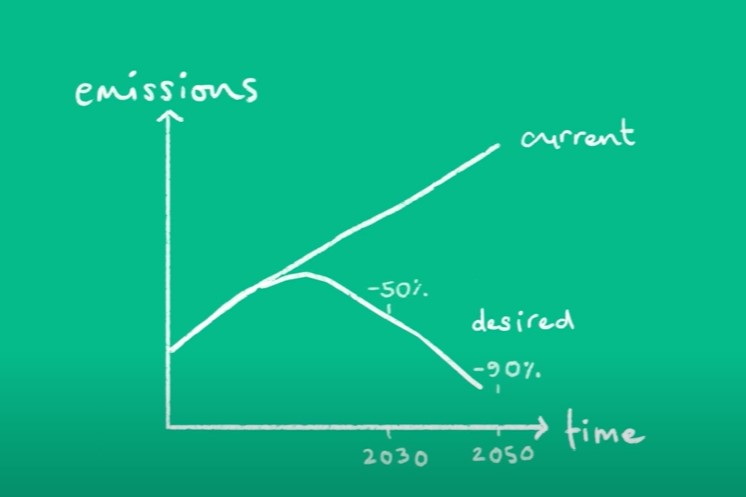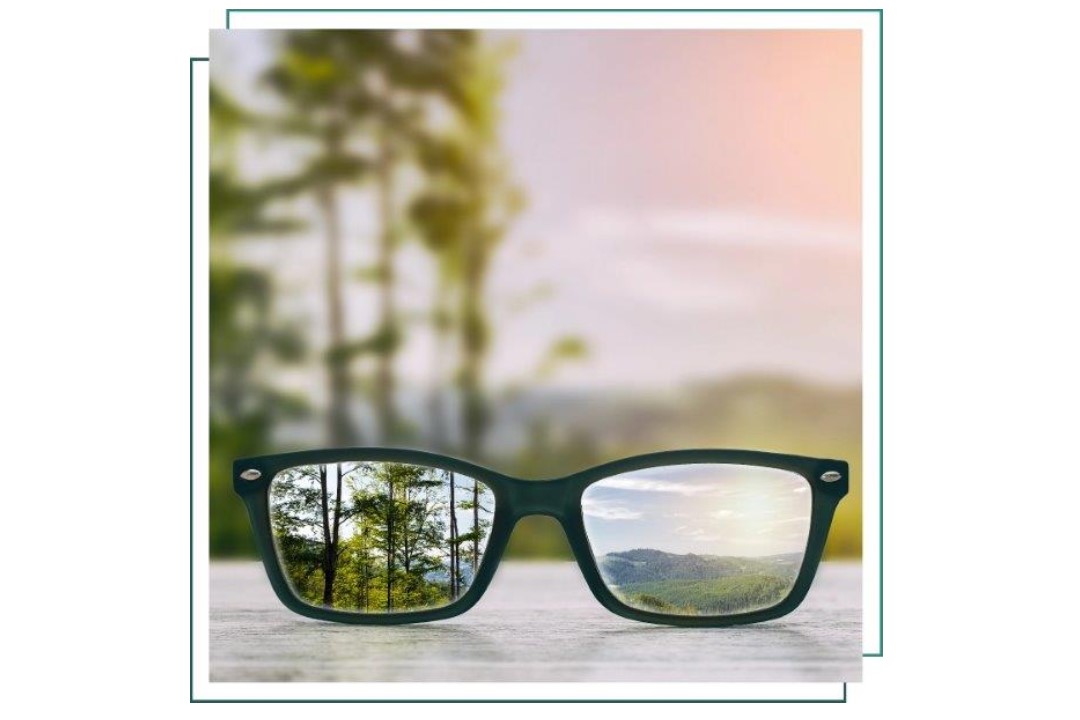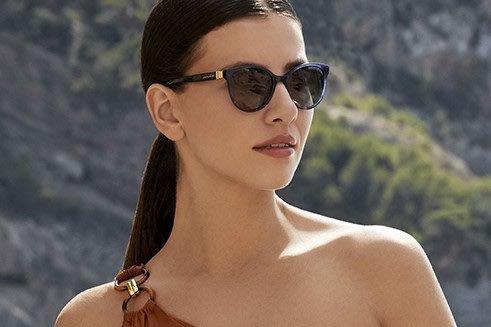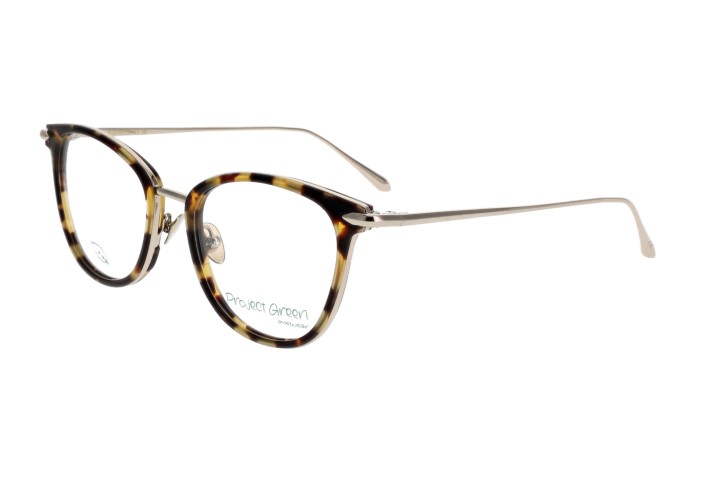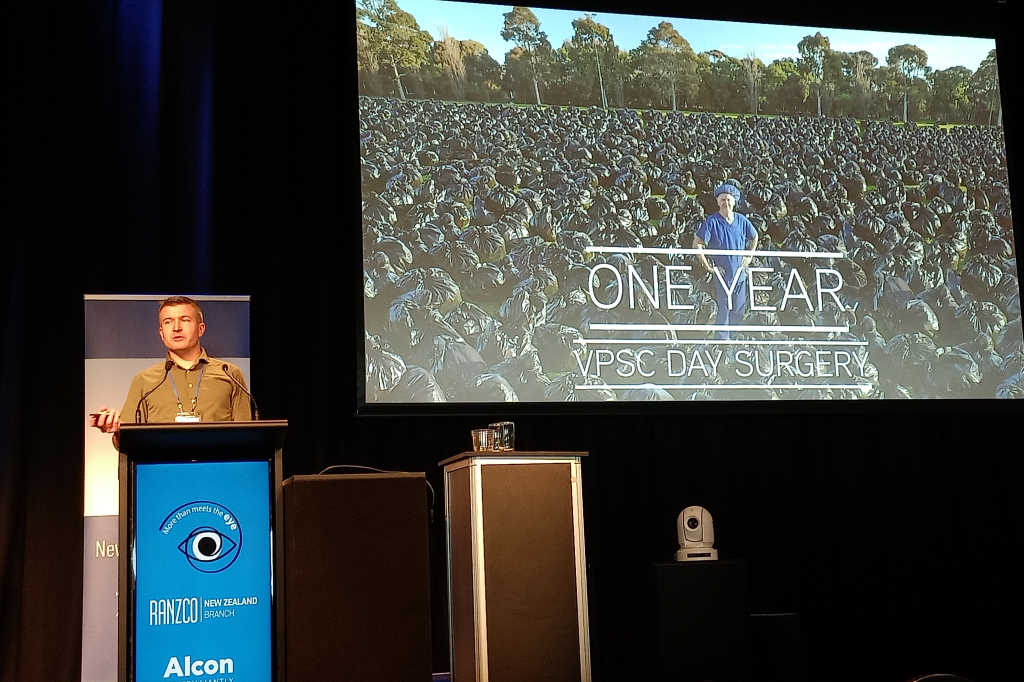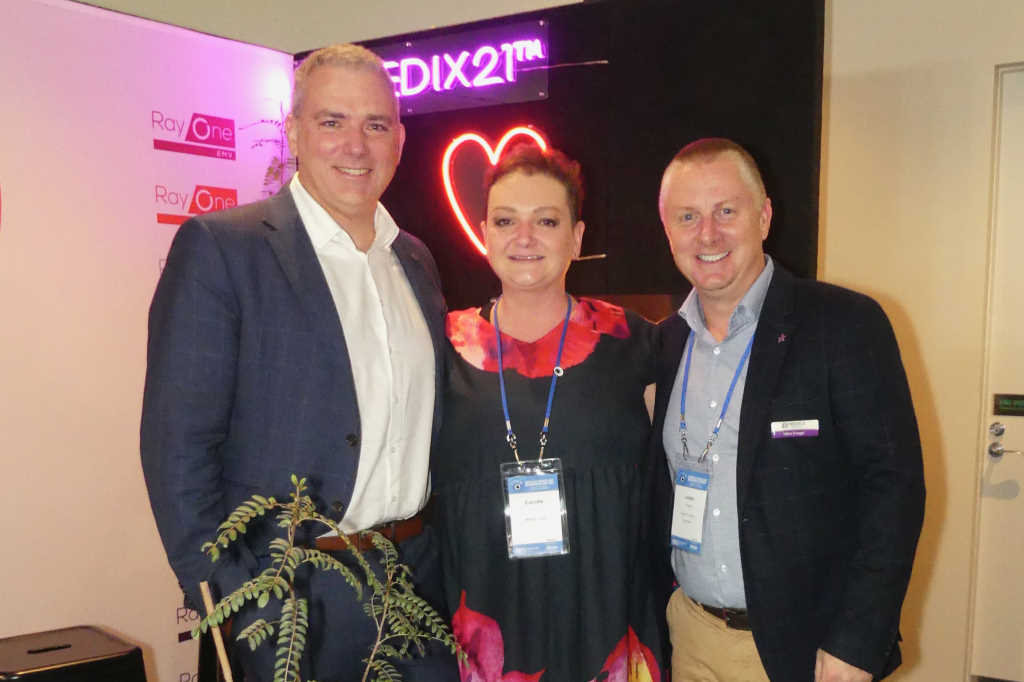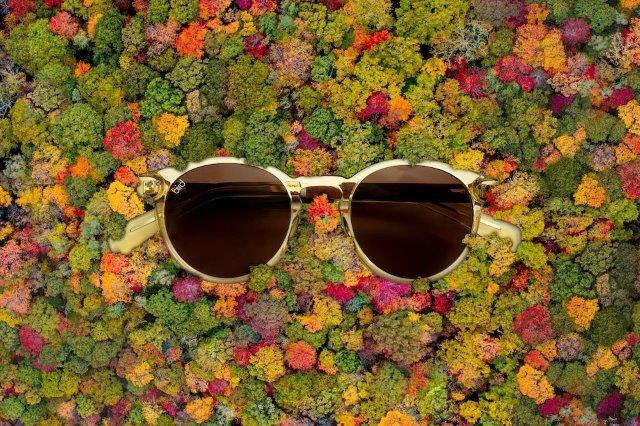Reframing the issue of ocean plastic
Sea2See founder François van den Abeele talks to Drew Jones about why it isn’t enough for his company to be ‘just’ carbon neutral, how many pairs of frames you can make from a tonne of discarded fishing nets and the trouble with installing toilets on Ghanaian beaches.
Social and environmental entrepreneur François van den Abeele, founder of ‘seastainable’ frames company Sea2see, is surrounded by unopened packing boxes, having just moved the company’s HQ to new, unfurnished premises in Barcelona. In perfect English, he apologises for the room’s echo, but the Belgian CEO would be just as happy answering questions about sustainability, frame design and carbon credits in Spanish, Italian, Portuguese or his native French. “I come from a very small country, so if don't learn languages, I go nowhere!” he says.
Since 2015, Sea2See’s optical frames and sunglasses have been made in Italy and, more recently, its watches in Switzerland. Both are made with recycled marine plastic collected by fishermen in Spain, France and West Africa. “We started with fishing communities here in Spain, with 27 ports. That’s hundreds of boats. Then we did the same with 12 ports in France,” says van den Abeele. “In Spain we have an agreement with the port authorities and the fishermen about what they can put in our containers, because most of them don't care, to be honest – fishermen can be tricky! Sometimes they would bring their rubbish from home and throw it into our containers, so it was becoming too hard be able to separate all that.”
PET project
These frustrations led van den Abeele to think about how to make an impact where people need it more. Having grown up in Africa and realising there is significant need there, he redirected the company’s focus to where, in his words, “we could generate more smiles”.
He went to Ghana, Senegal and Togo, where traditional fishing nets are cheap and don’t last long. They get tangled and abandoned in the water, then the beaches get filled with them, says van den Abeele. “I needed to create awareness about the issue of plastic and create trust. Of course, that all takes time – it’s Africa! So my first trip was to tell the fishing communities I would collect waste on the beaches, while explaining to them, ‘You know, we can buy this from you’. I could see they were thinking, ‘This white guy’s crazy.’”
Eventually, after recruiting around 500 fishermen, the locals began to trust what Sea2See was doing. As word got around, more people started to approach van den Abeele about other issues they hoped he could help with. “We went to the slums of Accra, which is by the water, and started collaborating with the heads of the communities there, on a purely charity basis. We take 100 people twice a month and we pay them for the afternoon and they clean the environment. There are loads of PET bottles, which get separated by colour and given to someone locally for recycling. We keep the fishing nets for Sea2See and what's not reusable goes to landfill.”

Locals collecting plastics on a Ghanian beach for Sea2See
Limited by local logistics and frustrated by the local council’s apathy towards the project, Sea2See roped in other companies and locals, paying them to supply containers for collected waste. “We even had the heads of villages asking us for toilets, because in these communities there's very little infrastructure, so they use the beach. I wish I could help with that too, but for now we collect waste. Maybe one day we could sponsor some toilets, but we can't do it all.”
To support the wider wishes of the local community and extend the scope of the enterprise, van den Abeele established the Sea2See Foundation. “I saw a documentary on CNN about kids who are being sold to work in fishing; it was happening on Lake Volta in Ghana. So I found the protagonist of the documentary and we signed an agreement for the foundation to sponsor the education of these kids rescued from slavery.” Tying this into his business, van den Abeele also started a campaign called ‘Time for Time’ – with two weeks of education financed for each Sea2See watch sold.
Paying with plastic
Sea2See now employs seven people full-time in Ghana, including the first person van den Abeele met after stepping off the plane, a taxi driver who gave him a tour of the entire country. “A taxi driver there makes US$65-70 a month, so I asked him if he wanted to work with me. Now he’s my head guy in Ghana, making 10 times what he did as a taxi driver.”
Another three employees work in Sea2See’s warehouse in Accra. They dry the plastic waste and bale it for shipping to Spain, where a waste-management company redirects it to Portugal for processing, before being shipped to Italy for the frames or Switzerland for the watches. Concerned that the company’s carbon footprint was outweighing the good Sea2See was doing, van den Abeele undertook a lifecycle analysis of Sea2See’s contamination, which compared its way of producing frames against ones made with acetate, TR90, Grilamid (used in injection moulding) and PA6, the same polymer Sea2See uses.
“We discovered our entire process – marine plastic collection, transporting of the raw material to Italy, manufacturing, then transporting all our frames and cases around the world – was 90% less contaminating than an acetate frame and 80% less than a TR90 frame.”
Not satisfied with that, van den Abeele now buys carbon credits to ensure the company is carbon negative. “We can make 30,000 frames with one tonne of plastic,” he says. “The rest is sold to be recycled and we also sell our raw recycled material, ‘Upsea’, to yarn makers and to Nomads Surfing, who use it to make surfboard fins.”
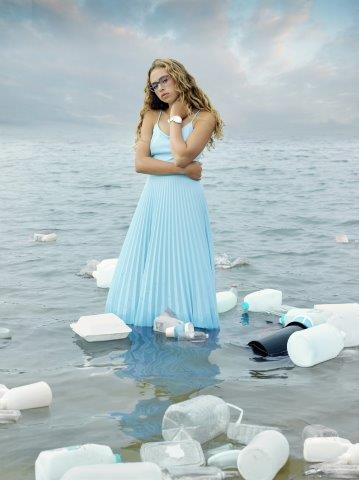
Sea2See promotional campaign
Net gains
Today Sea2See frames are sold in about 4,000 optometry practices across the world, primarily in Europe, Canada and the Philippines, with about 70% being optical frame sales and the rest sunglasses and a new kids’ line, which van den Abeele says is going very well. “I guess parents love to tell our story.” He’s still looking for a distributor in Australia and New Zealand, however, where he thinks his brand will have strong appeal because both countries have such a strong connection to the ocean.
Given the company’s raw material, he’s quick to respond to questions about product quality. The Italian family business that manufactures Sea2See’s frames has been looking after some of the world’s top luxury brands for the last 50 years. It’s partly thanks to them that Sea2See won the frame of the year, against a host of non-recycled brands, at the UK’s 2020 Optician Awards, says van den Abeele. Several high-profile collaborations, including Sotheby’s, New Look, Fellepinni & Synsam and Optic 2000, also suggest Sea2See is winning the industry’s approval. “These leading chains are very picky on quality,” he says. “In France there's an area of about 300 opticians that first stocked Sea2See frames in 2017. Now 90% of our sales there are people rebuying.”
His next step is to find allies in the Philippines, Madagascar and South America so the Sea2See foundation can have an even greater impact on the sources of ocean plastic. “To be honest, that's what I enjoy the most – I wish I had someone to take care of the glasses so I can just take care of how we make a difference!”









